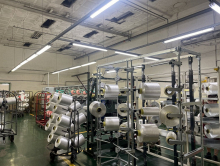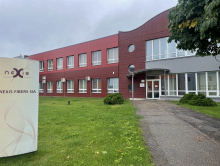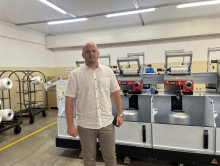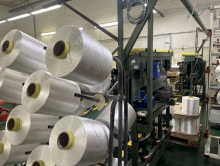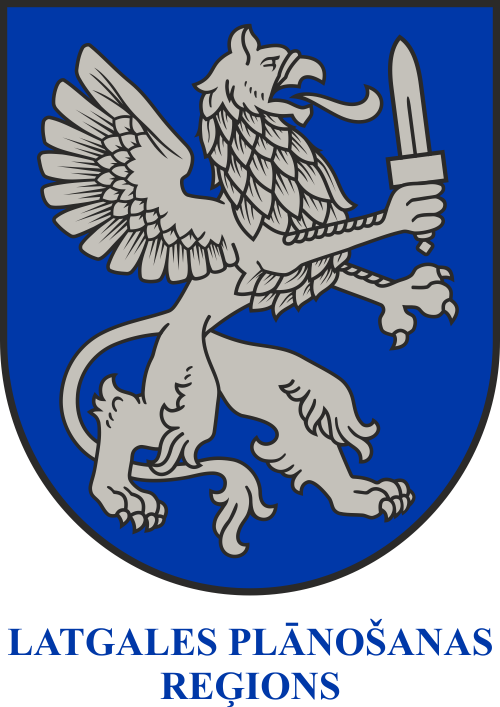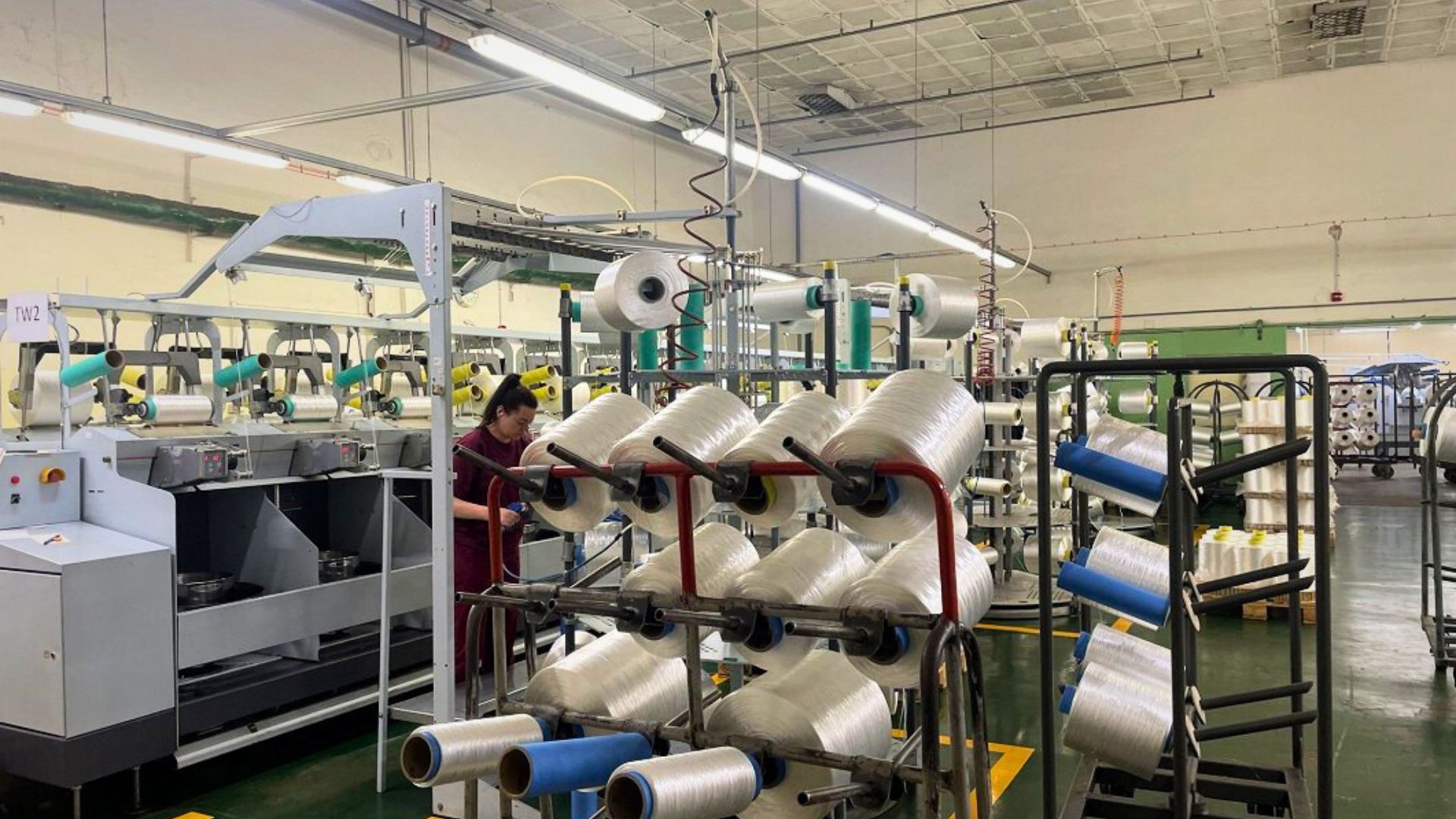
Five new companies joined the Latgale SEZ last year. This year is also promising, with six new companies having already joined the SEZ. 12 contracts have been signed for investments of €5 million and around 40 new jobs created.
The Latgale SEZ was established eight years ago in 2017. The interest of entrepreneurs in the zone shows that the establishment of the Latgale SEZ has been bringing economic benefits to the region for several years.
Currently, 38 capital companies are doing business in the Latgale SEZ, and 91 investment agreements worth more than EUR 106 million have been signed. More than 700 new jobs are planned to be created, of which about 500 have already been created.
Last year was the most active year in the Latgale SEZ, said Iveta Maļina-Tabūne, the Latgale SEZ manager: "Last year was the second best in the history of the Latgale Special Economic Zone, with a total of 40 million euros in contracts signed. This is a very significant financial investment for the Latgale region. This year, these projects are being implemented and new jobs have been created." In total, five new companies joined the Latgale SEZ last year, with plans to create almost 80 new jobs. And the industries that are developing are diverse.
Maļina-Tabūne said: "There are optics, so fibre optics, electronics. Now chemical fibres, metalworking, woodworking and textiles are also allowed. The products of these companies operating in the Latgale SEZ are in demand and are world market leaders. They are Light Guide Optics International, Ceram Optec, Regula Baltija, Pulsar Optics, SMD Baltic, Nexis Fibers."
One of the companies that joined the Latgale SEZ last year was Nexis Fibers Ltd. in Daugavpils.
Toms Andersons, general manager and board member of Nexis Fibers, said: "We entered the Latgale SEZ because investing in new equipment and new jobs gives property tax breaks, which is a positive sign and other good things that SEZs bring. We are the only one in the Baltics and one of the last three or four in Europe that produce synthetic fibres [yarn].
"The main product of the Daugavpils-based company is polyamide six [PA6] fibre in various key market segments: MRG [rubber], industrial yarns for ropes and nets. These include mountaineering ropes, technical ropes and industrial ropes, which can also be used in utility ropes. The other is nets - fishing nets, industrial nets, safety nets. We export about 70% of our production to Europe, 5% goes outside Europe, such as Madagascar, Turkey, and 15% of the portfolio is in the USA. We currently employ 125 people, our potential is much higher, but unfortunately the current geopolitical and economic situation does not give us these opportunities."
Nexis Fibers invested around €50 000 when it joined the Latgale SEZ, has invested heavily in upgrading its production facility and plans to invest more in the near future, managing around 100,000 square metres of land.
The Latgale SEZ is a kind of security guarantee for companies, and other companies see it as a good platform for their development, and this year they are also joining the SEZ membership and investing, creating jobs, said Maļina-Tabūne, the Latgale SEZ manager.
"We forecast that 2025 will be the most productive year in terms of the number of investment agreements signed. Since the beginning of 2025, six new companies have already joined the Latgale SEZ: Kuprava Industry Ltd, Nordic Elite Ltd, SW RE Ltd, Sencis Ltd, Adugs Production Ltd, West Invest Ltd. In total, 12 investment agreements worth almost EUR 5 million were signed by Latgale SEZ companies in 2025."
This will create around 40 new jobs in the region, and it is expected that two more companies will join the Latgale SEZ by the end of the year.
Authors: Silvija Smagare (Latvian Radio), LSM+ English (Latvian Public Media)
